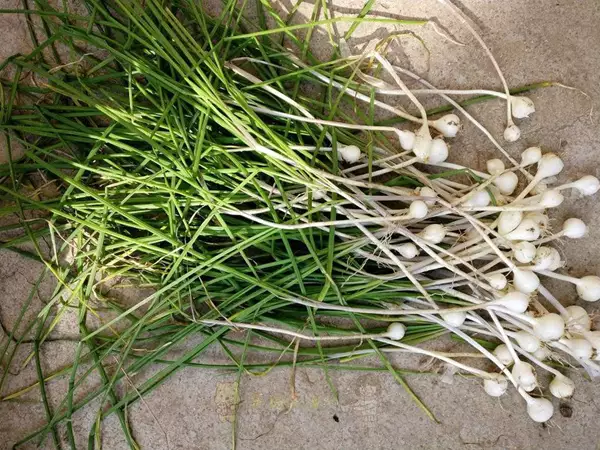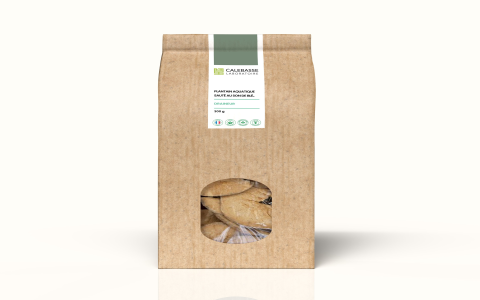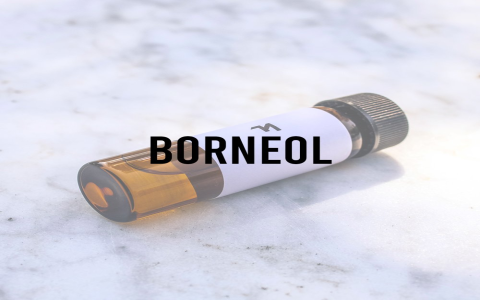Alright, let me tell you about my little experiment with Xiebai, or as some folks call it, Chinese onion. It wasn’t like I woke up one day and decided, “Today, I’m going to become a Xiebai enthusiast!” Nah, it wasn’t anything like that. Things just kind of happened, you know?
So, How Did I Even Get Here?
It started a while back. I was feeling a bit… sluggish. Not sick, not really, but just heavy, especially after eating. My digestion felt a bit off, kind of like things weren’t moving along as they should. You know that feeling? Like you’ve got a rock in your gut. I’d also been feeling a bit chilly, even when it wasn’t particularly cold. Just this inner dampness, if that makes any sense. My grandma used to talk about stuff like that.
I’d mentioned it to an old friend, the kind who’s always into these traditional remedies and natural stuff. He was like, “Oh, you should try Xiebai!” My first thought? “Here we go again, another miracle plant.” I’m usually a bit skeptical about these things, to be honest. There’s always something new, right? But he was pretty insistent, said his own family used it for ages for similar feelings of “stagnation” and “coldness.”
Giving It a Shot: My First Encounters
So, I figured, why not? I tracked some down at a local Asian market. It looks like a very small, slender onion bulb, or a really tiny leek head. The smell, well, it’s definitely in the onion family, a bit pungent but not overpowering. I wasn’t entirely sure what to do with it. My friend said you could just chop it up and add it to stir-fries or soups, kind of like a green onion but with a bit more oomph in its traditional purpose.
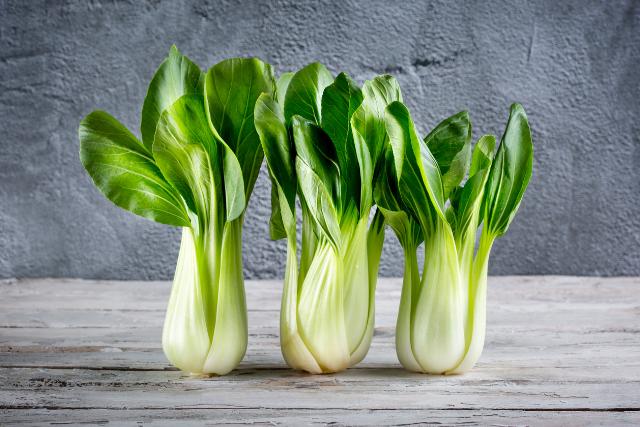
The first time, I just chopped a few bulbs and threw them into a simple chicken soup I was making. I didn’t expect fireworks. I mean, it’s food, right? The soup tasted fine, a bit more aromatic, maybe a slightly sharper, warmer note than usual. I didn’t feel instantly transformed or anything.
Okay, So What Did I Actually Notice?
This is where it gets interesting. After a few days of adding it to my meals here and there – not every day, just when I remembered or felt like it – I started to notice a few subtle things. It wasn’t a dramatic change, mind you.
The main thing was that heavy, stuck feeling in my stomach seemed to lessen. After meals, I didn’t feel quite as bloated or uncomfortable. It was like things were… flowing a bit better. That’s the best way I can describe it. My digestion just felt a tad smoother.
And that chilly feeling? It also seemed to ease up a bit. I felt a sort of gentle, internal warmth, especially after eating dishes with Xiebai in them. It wasn’t like a spicy heat, more like a comforting, radiating warmth from the inside. My hands and feet even felt a bit warmer than usual, which was a nice bonus.
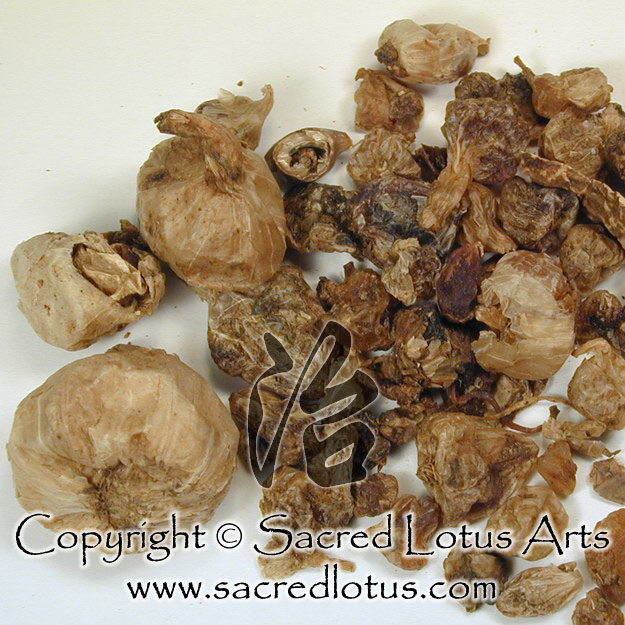
Here’s a quick rundown of what I personally observed:
- My digestion felt a bit more comfortable, less sluggish.
- I experienced a gentle warming sensation, particularly in my core.
- That general feeling of “heaviness” seemed to lift a little.
Now, I’m not saying this stuff is a cure-all for everyone. We’re all different, right? What works for me might not do a thing for someone else, or it might do something totally different. This is just my experience, plain and simple.
How I Use It Now
I don’t use Xiebai like it’s some kind of medicine I have to take every day. That’s not my style. I just keep some on hand, and when I’m cooking something that feels like it could use that little bit of warmth, or if I’m feeling that old familiar sluggishness creep in, I’ll chop some up and toss it in. Sometimes in a congee, sometimes in a stir-fry, or even just with some scrambled eggs.
For me, it’s become one of those little kitchen helpers. Not a magic bullet, but a useful ingredient that seems to give my system a gentle nudge in the right direction when I need it. It’s not about big, dramatic effects, but more about those small, consistent comforts. And sometimes, that’s all you really need, isn’t it?
